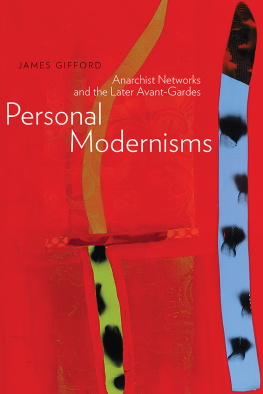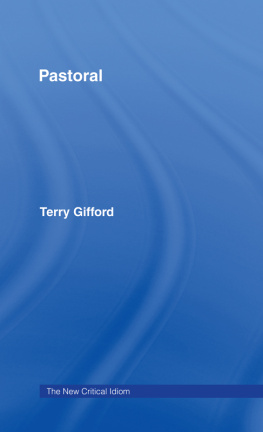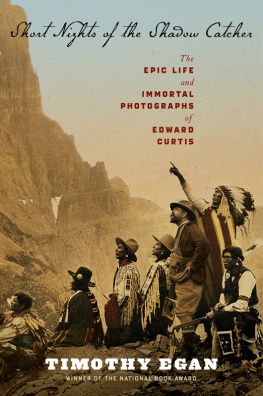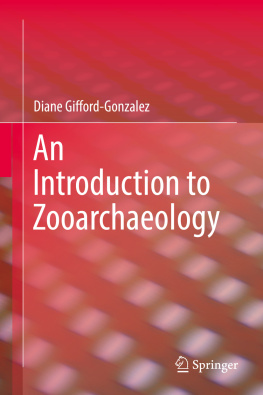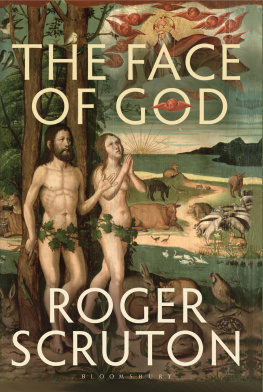INTRODUCTION
The following discussion of the conservation problem is not a systematic treatise upon the subject. Some of the matter has been published previously in magazines, and some is condensed and rearranged from addresses made before conservation conventions and other organizations within the past two years.
While not arranged chronologically, yet the articles here grouped may serve to show the rapid, virile evolution of the campaign for conservation of the nation's resources.
I am indebted to the courtesy of the editors of The World's Work, The Outlook, and of American Industries for the use of matter first contributed to these magazines.
CHAPTER I
PROSPERITY
The most prosperous nation of to-day is the United States. Our unexampled wealth and well-being are directly due to the superb natural resources of our country, and to the use which has been made of them by our citizens, both in the present and in the past. We are prosperous because our forefathers bequeathed to us a land of marvellous resources still unexhausted. Shall we conserve those resources, and in our turn transmit them, still unexhausted, to our descendants? Unless we do, those who come after us will have to pay the price of misery, degradation, and failure for the progress and prosperity of our day. When the natural resources of any nation become exhausted, disaster and decay in every department of national life follow as a matter of course. Therefore the conservation of natural resources is the basis, and the only permanent basis, of national success. There are other conditions, but this one lies at the foundation.
Perhaps the most striking characteristic of the American people is their superb practical optimism; that marvellous hopefulness which keeps the individual efficiently at work. This hopefulness of the American is, however, as short-sighted as it is intense. As a rule, it does not look ahead beyond the next decade or score of years, and fails wholly to reckon with the real future of the Nation. I do not think I have often heard a forecast of the growth of our population that extended beyond a total of two hundred millions, and that only as a distant and shadowy goal. The point of view which this fact illustrates is neither true nor far-sighted. We shall reach a population of two hundred millions in the very near future, as time is counted in the lives of nations, and there is nothing more certain than that this country of ours will some day support double or triple or five times that number of prosperous people if only we can bring ourselves so to handle our natural resources in the present as not to lay an embargo on the prosperous growth of the future.
We, the American people, have come into the possession of nearly four million square miles of the richest portion of the earth. It is ours to use and conserve for ourselves and our descendants, or to destroy. The fundamental question which confronts us is, What shall we do with it?
That question cannot be answered without first considering the condition of our natural resources and what is being done with them to-day. As a people, we have been in the habit of declaring certain of our resources to be inexhaustible. To no other resource more frequently than coal has this stupidly false adjective been applied. Yet our coal supplies are so far from being inexhaustible that if the increasing rate of consumption shown by the figures of the last seventy-five years continues to prevail, our supplies of anthracite coal will last but fifty years and of bituminous coal less than two hundred years. From the point of view of national life, this means the exhaustion of one of the most important factors in our civilization within the immediate future. Not a few coal fields have already been exhausted, as in portions of Iowa and Missouri. Yet, in the face of these known facts, we continue to treat our coal as though there could never be an end of it. The established coal-mining practice at the present date does not take out more than one-half the coal, leaving the less easily mined or lower grade material to be made permanently inaccessible by the caving in of the abandoned workings. The loss to the Nation from this form of waste is prodigious and inexcusable.
The waste in use is not less appalling. But five per cent, of the potential power residing in the coal actually mined is saved and used. For example, only about five per cent, of the power of the one hundred and fifty million tons annually burned on the railways of the United States is actually used in traction; ninety-five per cent, is expended unproductively or is lost. In the best incandescent electric lighting plants but one-fifth of one per cent, of the potential value of the coal is converted into light.
Many oil and gas fields, as in Pennsylvania, West Virginia, and the Mississippi Valley, have already failed, yet vast amounts of gas continue to be poured into the air and great quantities of oil into the streams. Cases are known in which great volumes of oil were systematically burned in order to get rid of it.
The prodigal squandering of our mineral fuels proceeds unchecked in the face of the fact that such resources as these, once used or wasted, can never be replaced. If waste like this were not chiefly thoughtless, it might well be characterized as the deliberate destruction of the Nation's future.
Many fields of iron ore have already been exhausted, and in still more, as in the coal mines, only the higher grades have been taken from the mines, leaving the least valuable beds to be exploited at increased cost or not at all. Similar waste in the case of other minerals is less serious only because they are less indispensable to our civilization than coal and iron. Mention should be made of the annual loss of millions of dollars worth of by-products from coke, blast, and other furnaces now thrown into the air, often not merely without benefit but to the serious injury of the community. In other countries these by-products are saved and used.
We are in the habit of speaking of the solid earth and the eternal hills as though they, at least, were free from the vicissitudes of time and certain to furnish perpetual support for prosperous human life. This conclusion is as false as the term "inexhaustible" applied to other natural resources. The waste of soil is among the most dangerous of all wastes now in progress in the United States. In 1896, Professor Shaler, than whom no one has spoken with greater authority on this subject, estimated that in the upland regions of the states south of Pennsylvania three thousand square miles of soil had been destroyed as the result of forest denudation, and that destruction was then proceeding at the rate of one hundred square miles of fertile soil per year. No seeing man can travel through the United States without being struck with the enormous and unnecessary loss of fertility by easily preventable soil wash. The soil so lost, as in the case of many other wastes, becomes itself a source of damage and expense, and must be removed from the channels of our navigable streams at an enormous annual cost. The Mississippi River alone is estimated to transport yearly four hundred million tons of sediment, or about twice the amount of material to be excavated from the Panama Canal. This material is the most fertile portion of our richest fields, transformed from a blessing to a curse by unrestricted erosion.







